- - What is Shoulder Joint Replacement Surgery?
- - What Are the Types of Shoulder Replacement Surgery?
- - How Much Does Shoulder Replacement Surgery Cost in Turkey?
- - Who Is a Candidate for Shoulder Joint Replacement Surgery?
- - Shoulder Joint Replacement Surgery Procedure Steps
- - What to Expect After Shoulder Joint Replacement Surgery?
- - Shoulder Joint Replacement Surgery Recovery
- - Shoulder Joint Replacement Surgery Pros and Cons
- - Why Choose Turkey for Shoulder Joint Replacement Surgery?
- - FAQs About Shoulder Joint Replacement Surgery in Turkey
Shoulder joint replacement surgery in Turkey is a popular solution for patients experiencing shoulder joint tears or degeneration caused by accidents, arthritis, or aging.
With costs starting at $4,000, combined with high-quality care, experienced surgeons, and advanced medical technology, Turkey has become a leading destination for shoulder arthroplasty.
At Turkey Luxury Clinics, we offer expert guidance to help you make an informed decision and regain smooth, pain-free joint function—ultimately improving your quality of life.
For a personalized cost estimate, eligibility evaluation, or more detailed information, feel free to reach out for a free consultation.
What is Shoulder Joint Replacement Surgery?
Shoulder joint replacement surgery, also known as shoulder arthroplasty, is a surgical procedure in which the damaged parts of the shoulder joint are partially or completely removed and replaced with artificial prosthetic components. This procedure aims to restore joint function and relieve chronic pain.
The shoulder joint is a ball-and-socket joint consisting of the head (ball) of the upper arm bone (humerus), which fits into the socket (glenoid cavity) of the shoulder blade (scapula).
When these parts become damaged—due to arthritis, injury, or wear over time—they are replaced with a metal ball component (commonly made from titanium, cobalt-chromium, or stainless steel) to replace the humeral head, and a polyethylene socket (a durable, medical-grade plastic) to replace the socket in the scapula.
What Are the Types of Shoulder Replacement Surgery?
Based on which parts of the joint are replaced, there are three main types of shoulder replacement surgery: total shoulder replacement, partial shoulder replacement, and reverse shoulder replacement. The choice of procedure depends on the specific area of damage, as well as the condition of the glenoid cavity and the rotator cuff muscles.
1.Anatomical Total Shoulder Joint Replacement
Also, called shoulder arthroplasty, this procedure involves the complete replacement of both the ball (humeral head) and the socket (glenoid cavity) while maintaining the natural anatomy of the shoulder. It is typically recommended when both parts are damaged but the rotator cuff is still functional.
2.Anatomical Partial Shoulder Joint Replacement :
In the partial shoulder replacement, also known as hemiarthroplasty, only the head of the humerus (the ball) is replaced, while the glenoid cavity (socket) is left intact. This option is suitable when the socket is healthy and does not require replacement.
3.Reverse Shoulder Joint Replacement Surgery:
This type is chosen when the rotator cuff is torn or non-functional. The positions of the ball and socket are reversed— the artificial ball is attached to the glenoid cavity, and the socket is placed on the humeral side. This configuration allows the deltoid muscle to compensate for the damaged rotator cuff, enabling the patient to lift their arm again.
How Much Does Shoulder Replacement Surgery Cost in Turkey?
Shoulder replacement surgery typically costs between $7,000 and $20,000, depending on the location, type of procedure, included services, and insurance coverage. Some countries, such as Turkey, offer various financial options, making the procedure more affordable compared to many Western countries.The cost of shoulder joint replacement in Turkey typically ranges between $4,000 and $12,000.
This price generally includes the initial consultation, required imaging and medical tests, the surgery itself (including surgeon and anesthesiologist fees), and hospitalization.
These expenses are often covered in all-inclusive shoulder replacement surgery packages, with premium options that may also include hotel accommodation, airport transfers, and translation services.
While shoulder joint replacement surgeries in Turkey are significantly more affordable than in Western countries, comparable prices can also be found in Mexico and India.
However, Turkey’s strategic location, modern healthcare infrastructure, and overall convenience make it a top choice for international patients seeking high-quality orthopedic care at a reasonable cost.
Below is a comparison of shoulder replacement cost in different countries and cities:
- Shoulder joint replacement surgery cost in india is around $2,831 to $3,575 USD
- Shoulder joint replacement surgery atlanta price is around $19,982 to $21,000
- Shoulder joint replacement surgery Hackensack NJ cost is around $14,000 to $52,000
- Shoulder joint replacement surgery in Baton Rouge costs around between $20,000 and $50,000
Who Is a Candidate for Shoulder Joint Replacement Surgery?
If you're experiencing persistent shoulder joint pain caused by conditions such as severe osteoarthritis, rheumatoid arthritis, or a severely torn rotator cuff that hasn’t improved with traditional or conservative treatments, you may be a candidate for surgery on shoulder for arthritis and replacement joints.
However, to be a good candidate for shoulder replacement, you need to:
- Have tried other treatments without success in restoring shoulder function or relieving pain.
- Have a stable medical condition with no active autoimmune disease that could damage the new joint.
- Stop smoking for at least 3 months prior to surgery.
- Have realistic expectations about the outcomes, potential complications, and the need for rest during the recovery period.
It’s important to note that shoulder joint replacement does not treat the underlying condition itself—it simply replaces the damaged joint to improve pain, restore movement, and enhance quality of life.
Medical conditions that can damage the joint and be treated by shoulder joint replacement include:
- Shoulder osteoarthritis: This is a condition in which the cartilage and the bone coverings wear down, leading to increased friction in the joint and progressive damage over time.
- Rotator cuff injury: Rotator cuff injuries can sometimes result in damage to the cartilage and bone in the shoulder joint.
- Inflammatory conditions such as rheumatoid arthritis: Rheumatoid arthritis is an autoimmune disease in which the body attacks its own joints, causing severe inflammation and degeneration over time.
- Accidents and fractures: Severe accidents may lead to joint damage, where joint replacement becomes the only viable solution.
Suffering from persistent knee pain? discover benefits of knee replacement and whether you are a candidate for knee replacement.
Shoulder Joint Replacement Surgery Procedure Steps
Pre-Surgery patient preparation:
Before the procedure, you may need to undergo general medical tests, along with specific imaging—such as joint replacement surgery on shoulder X ray to assess your eligibility and determine the most suitable type of surgery. An MRI scan may also be required to evaluate the condition of the rotator cuff.
What happens during shoulder joint replacement surgery?
- Joint replacement surgeries are performed under general anesthesia.
- A shoulder joint replacement surgery incision is made at the front of the shoulder to access the joint, remove damaged bone and cartilage, and prepare the area for prosthetic components.
- Before placing the artificial joint, the surgeon prepares the bone: damaged segments of the humerus are removed and cleaned, and the glenoid cavity is reshaped.
- The artificial joint is inserted, depending on the type of surgery:
- Anatomic total shoulder replacement: A metal ball is attached to the top of the humeral stem to replace the removed humeral head, and a plastic socket is placed in the reshaped glenoid cavity to mimic the natural joint structure.
- Reverse total shoulder replacement: A metal ball is fixed to the shoulder blade (scapula), and a metal socket is attached to the top of the humerus. This configuration shifts the center of rotation and relies on the deltoid muscle instead of the damaged rotator cuff.
- The new joint is adjusted and tested for fit and movement, then the shoulder joint replacement surgery incision is closed. The full procedure typically takes 1 to 2 hours.
A shoulder joint replacement surgery video by Turkey Luxury Clinics experts can help you understand every step of the procedure and form realistic expectations before undergoing surgery.
Video
What to Expect After Shoulder Joint Replacement Surgery?
After shoulder joint replacement surgery, patients should expect a recovery period involving pain, healing, restoration of joint function, and a gradual return to daily activities, with final results typically appearing within up to a year.
Shoulder Joint Replacement Surgery Recovery
Shoulder joint replacement surgery recovery typically takes about 3 months of rehabilitation and physical therapy to regain strength, and up to 6 months to return to work and everyday activities.
Recovery is generally divided into three main phases: an initial healing period, a longer phase of physical therapy, and a final stage focused on rebuilding strength. Overall, the full recovery process usually takes around 6 months.
Initial recovery period (Days 1–7)
Gentle movement of the arm is essential to prevent stiffness. Physical therapy may begin during this stage but must be done under close supervision.
You’ll likely wear a sling for several weeks to protect the new joint, and it may take several months before you can fully use your shoulder without restrictions.
Pain in the first few days can be managed with analgesics and cold compresses. It's important to note that this pain is related to the surgical process—not the previous joint damage—and may persist during therapy. Most patients can return to daily life and normal arm use within 6 months.
Intermediate recovery period (Weeks 2–6)
During this stage, following your surgeon’s instructions is critical. This includes avoiding strenuous activities and sudden movements, while committing to your rehabilitation and physical therapy schedule.
Pain associated with therapy can often be eased by taking pain relief medications 30 minutes before sessions.
Late recovery period (Months 2–6)
This phase focuses on strengthening exercises to rebuild muscle strength and improve joint stability.
Most patients are able to resume normal activities by the end of six months, although some may still experience occasional discomfort or limited range of motion.
How Long Does the Prosthetic Shoulder Joint Last?
The durability of a prosthetic shoulder joint depends on several factors, including the patient’s age, overall health, activity level, the type of implant used, and whether any chronic conditions are present that could damage the new joint.
Modern shoulder replacement implants are designed to be long-lasting, with many lasting 15 to 20 years or more, especially when proper care and follow-up are maintained.
Shoulder Joint Replacement Surgery Pros and Cons
Shoulder joint replacement surgery pros:
By replacing the damaged joint surfaces, this procedure can significantly reduce or eliminate pain, restore shoulder function with improved mobility, and help patients perform daily activities more comfortably, ultimately enhancing overall quality of life.
Shoulder joint replacement surgery cons:
Shoulder joint replacement is a safe and effective procedure; however, some downsides may cause patients to hesitate.
Among the disadvantages is the cost of the procedure. While its long-term cost-effectiveness makes it worthwhile, some patients need to budget carefully for the upfront expenses, which are paid all at once.
Joint replacement is an invasive surgery performed under general anesthesia, which carries some risks, along with the potential for long-term complications.
Among shoulder joint replacement surgery complication are infection, blood clots, nerve damage and joint loosening and dislocation
The long recovery period is also a considerable downside for patients who need continuous use of both arms.
Why Choose Turkey for Shoulder Joint Replacement Surgery?
Turkey is a popular destination for shoulder replacement surgery due to its combination of high-quality medical care, experienced surgeons, advanced technology, and lower costs compared to many Western countries.
International patients also prefer the comprehensive package deals offered by Turkish hospitals, which often include translation, transportation, and accommodation, making the overall medical tourism easier, more comfortable, and affordable.
Turkish clinics are equipped with state-of-the-art technology, including 3D surgical planning, 3D-printed patient-specific guides, and advanced robotic systems.
Shoulder replacement procedures in Turkey have a high success rate that reaches up to 95%, and long-term results last up to 20 years, with many patients experiencing significant pain relief and improved functionality.
Interesting reads:
Robotic-Assisted Knee Replacement
Limb Lengthening Surgery Turkey 2026 Costs, Packages and Results
Looking for a pain-free life with youthful function and mobility?
Get rid of your shoulder pain with long-lasting results and confidently restore your active lifestyle—without hassle—through trusted, experienced surgeons.
Contact us at Turkey Luxury Clinics now to receive a personalized price quote.





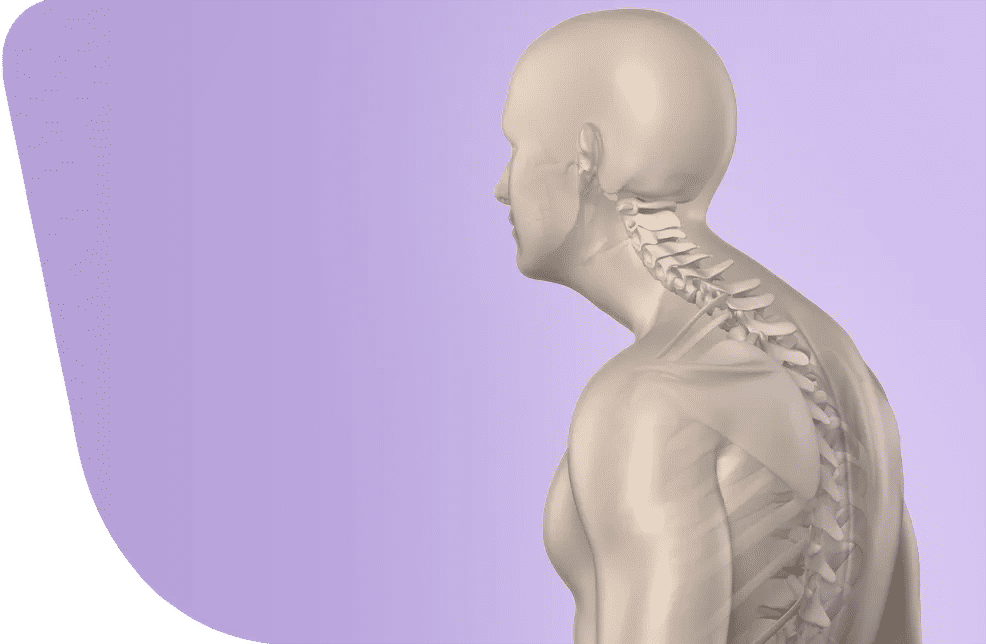
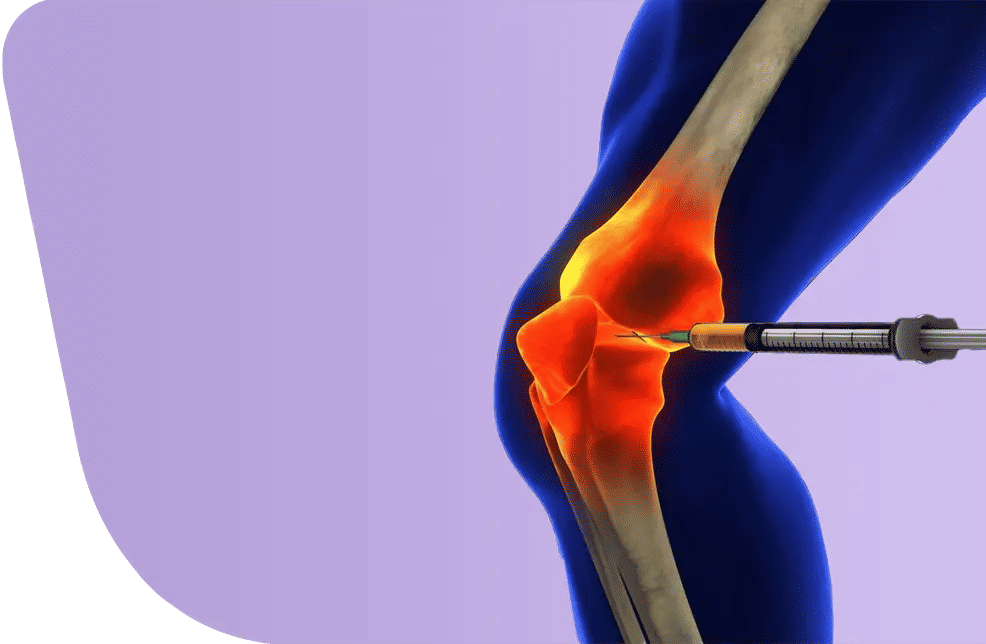

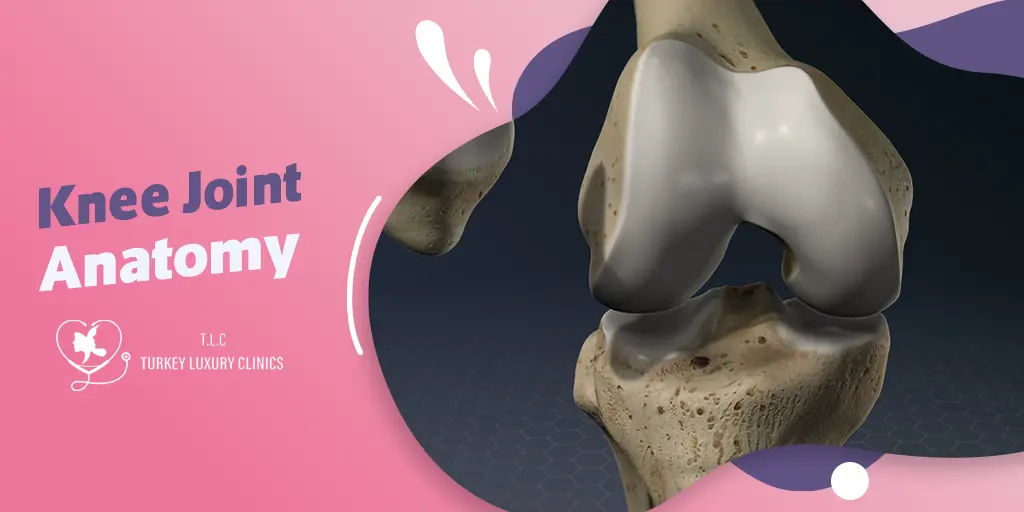
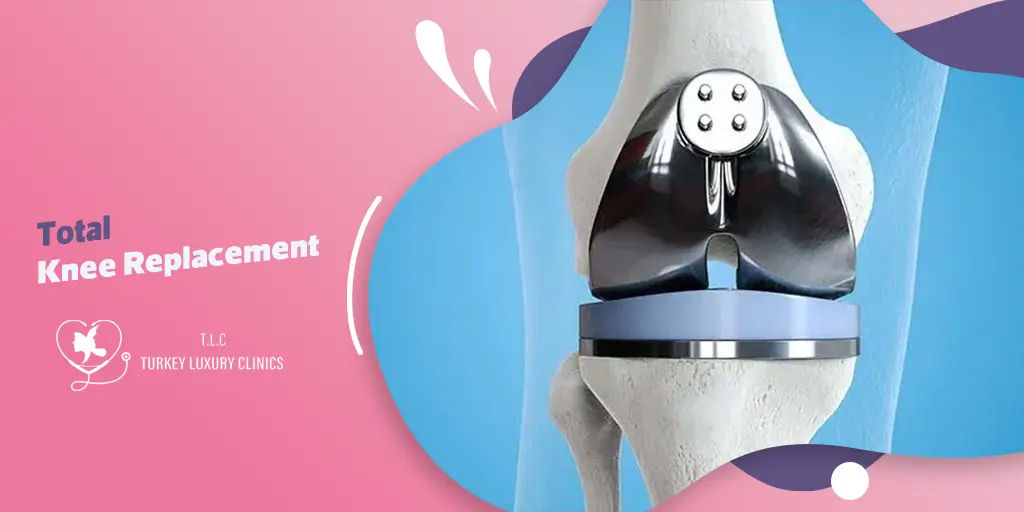
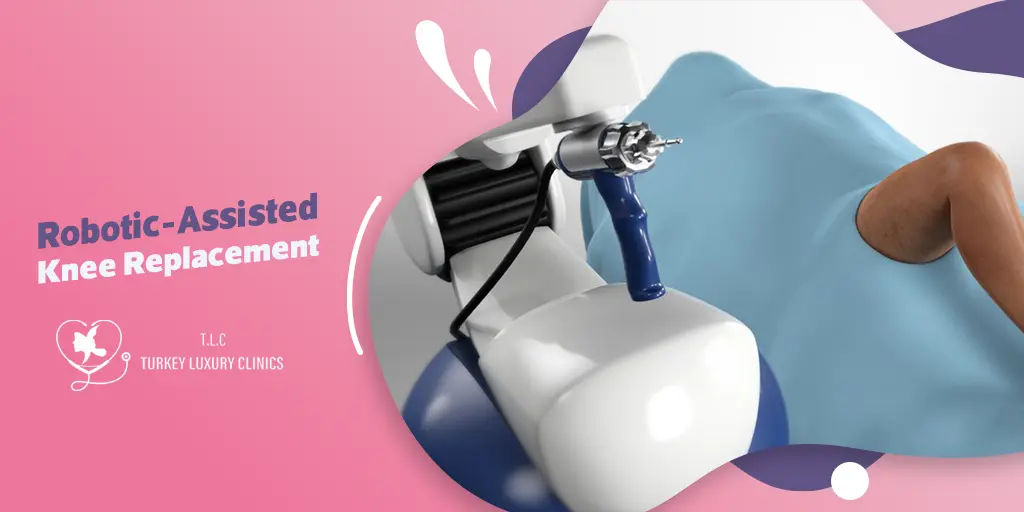



.webp)
.webp)
.webp)
.webp)

